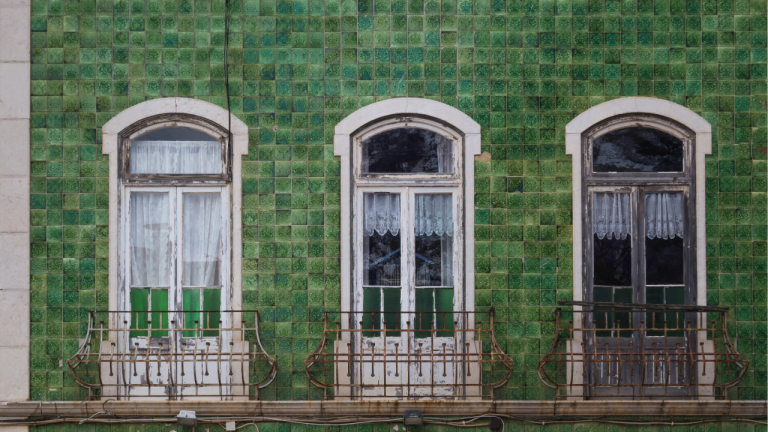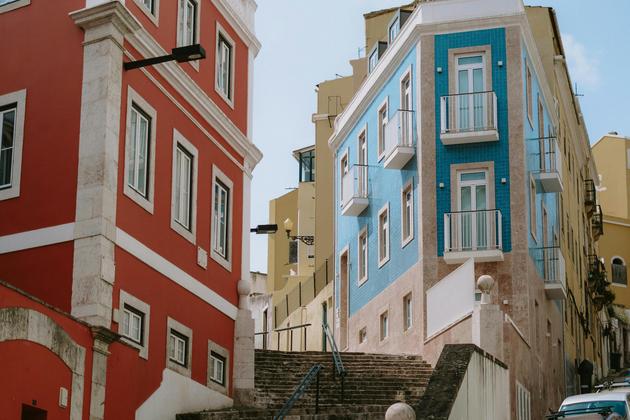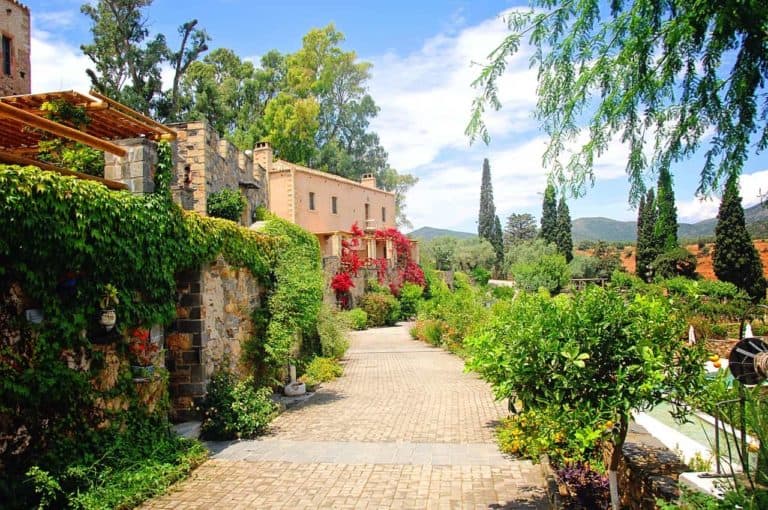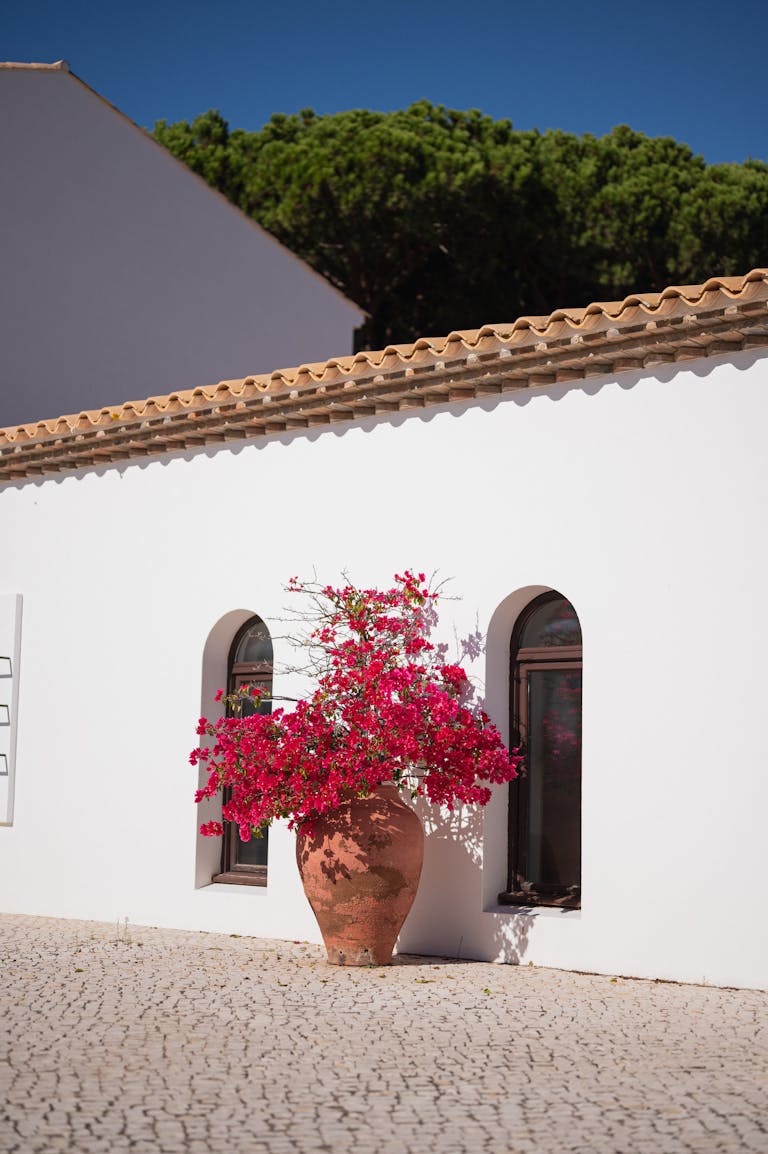Interested in Owning a Hotel or Guesthouse in the Algarve? Start Here.
The Algarve is one of Europe’s top tourism regions — and boutique hotels and guesthouses remain a popular path for lifestyle investors and expats. But before buying, it’s essential to understand what’s legally required, what kind of returns to expect, and where to find the right opportunity. This section brings together our expert guides on hospitality properties in Portugal — from AL licensing to capital gains tax, zoning, and what really makes a viable investment.
What Makes Algarve Hotels and Guesthouses Special
Boutique properties with business potential — ideal for lifestyle investors or hospitality entrepreneurs.
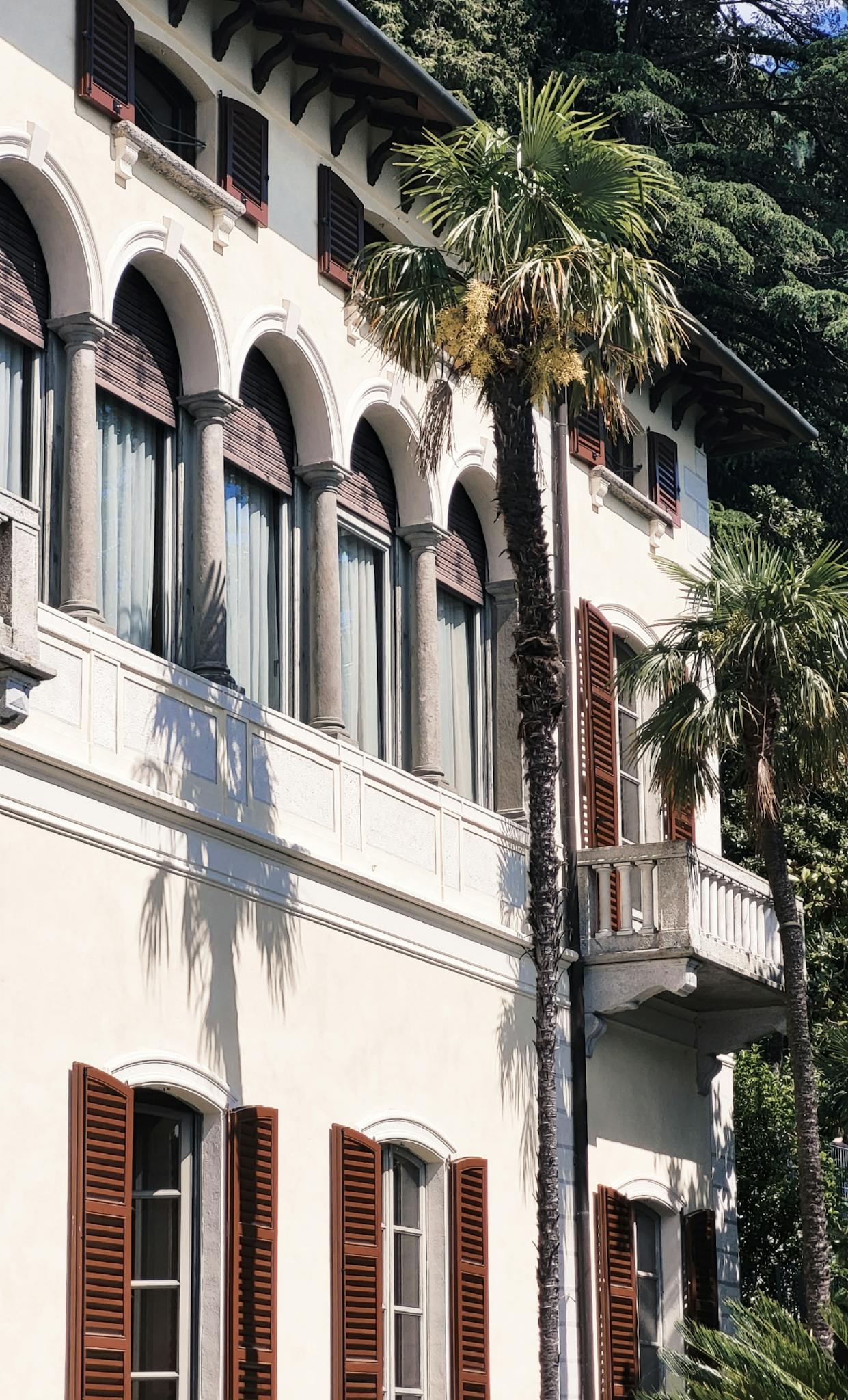
-
Buying a Hotel or Guesthouse in the Algarve: What You Need to Know
From AL licenses to rural retreats — learn what to check before buying a hotel, guesthouse, or B&B in the Algarve.
-
How to Start a Guesthouse or B&B in Portugal
Step-by-step guide to starting a guesthouse or B&B in Portugal, including AL license requirements, compliance, and zoning tips.
-
Renovating a Quinta, Villa, or Townhouse into a Guesthouse in Portugal
Learn how to convert a villa, townhouse, or farmhouse into a licensed guesthouse in Portugal — including zoning, licenses, and renovation tips.
-
Top Areas in the Algarve to Open a Boutique Hotel or B&B
Looking to open a guesthouse or B&B in Portugal? Explore the top areas in the Algarve for tourism demand, licensing access, and lifestyle fit.
-
Understanding Alojamento Local (AL) in Portugal: 2025 Rules, Licensing & Tax Implications
A complete guide to Alojamento Local (AL) in Portugal: how it works, what changed in 2025, and how it impacts property owners and investors.
Considering a Hospitality Investment in Portugal? Let’s Talk.
From licensing checks to assessing renovation needs or staff housing, buying a hotel or guesthouse in the Algarve involves more than just location. If you’re actively considering this path, we help buyers think through the legal, operational, and financial sides — and identify the right kind of opportunity, whether listed or off-market.
